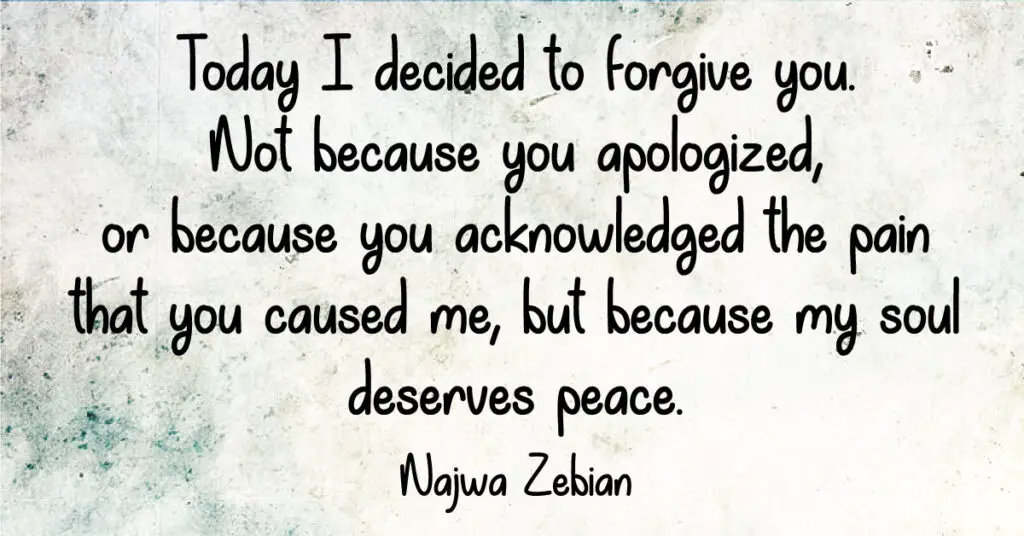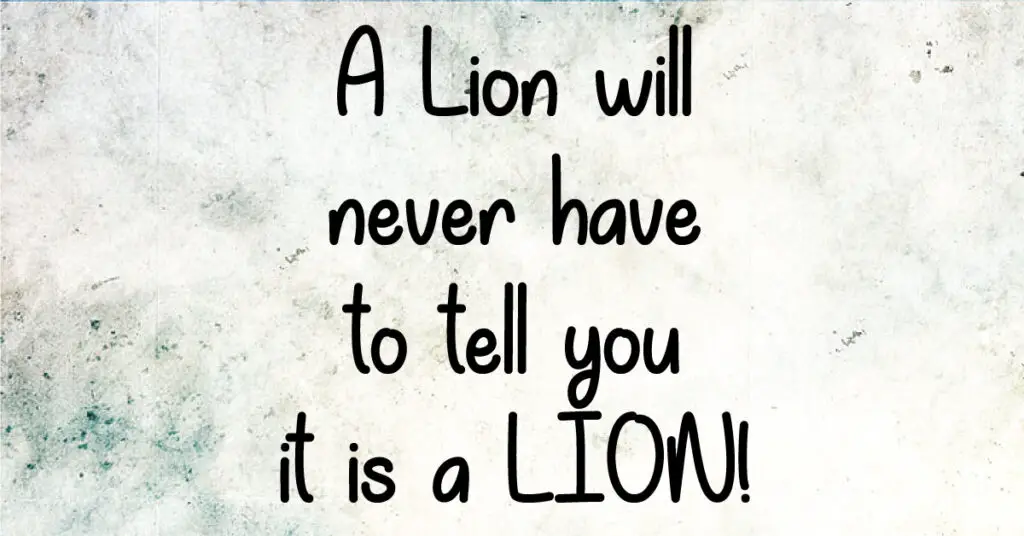Every couple experiences difficulties in their relationship at some point, and these issues can range from minor annoyances to major conflicts. Seeking professional counseling can help couples learn to recognize underlying issues and address them in constructive ways. Therapy can provide a safe space for couples to explore difficult emotions and topics, such as infidelity or trust issues, without fear of judgment or criticism.
Difficulties such as communication problems, financial stress, and parenting disagreements can be addressed in a supportive environment with the guidance of a therapist. Through counseling, couples are able to see each other’s perspectives more clearly by exploring the past and recognizing how it may impact them in the present. With an objective third party to listen and offer advice, couples can work collaboratively towards finding solutions that work for everyone involved. Over time therapy can reduce tension between partners and restore balance within the relationship.
Don’t Be Afraid to Seek Couples Therapy: An Important Step Towards a Healthier Relationship
Seeking couples therapy should not be something to be ashamed of, despite the stigma around mental health that still persists in society. Getting counseling can be an important step in developing a healthier relationship and recognizing patterns or communication issues that need to be addressed. It is perfectly normal for couples to experience difficult emotions or situations, and therapy can provide an objective space for each partner to express their feelings honestly.
A qualified therapist has the knowledge and training to help couples find effective ways to better understand each other, resolve arguments, and foster greater trust. With support from an experienced counselor, couples can gain insight into what causes conflict as well as develop better strategies for managing disagreements in the future. Couples shouldn’t feel embarrassed about seeking professional help when they need it. Instead, they should view this as a sign of strength that demonstrates a commitment to addressing the challenges they face together.
Here are 10 Couples Therapy Exercises To Try
1. Communication Exercises
Effective communication is an integral part of any strong relationship, and couples therapy exercises can be a great way to improve communication. Communication exercises enable both partners to learn how to listen actively, express their needs and feelings more effectively, and better understand each other’s perspectives on issues. By working together to practice communication skills, partners can gain a greater understanding of each other and create a stronger foundation for shared decisions.
2. Conflict Resolution
Conflict resolution is a key part of any healthy relationship, and couples therapy exercises can help partners gain greater understanding and clarity on how to approach disagreements. Exercises that explore different perspectives for resolving conflicts allow both partners to recognize their own biases and better understand each other’s points of view. These exercises can also help couples develop practical strategies for de-escalating tensions and communication skills for negotiating effective compromises.
3. Reflective Dialogue
This is a powerful way for couples to open up and connect with each other. Couples therapy exercises can help partners get comfortable talking about their experiences, feelings, values, and goals. By engaging in conversations that are thoughtful and non-judgmental, couples can gain insight into each other’s thinking patterns and understand the needs and expectations of one another more fully. Reflective dialogue provides an opportunity for both partners to share honest feedback without fear of reprisal or misunderstanding.
4. Role-Playing
Role-playing is a creative and engaging way of exploring real-life situations in couples therapy. By taking on the roles of each other and “acting out” difficult conversations, partners can gain greater insight into their own perspectives, as well as the perspectives of the other person. This helps create a deeper level of understanding between them, allowing for more effective problem-solving and increased engagement in future interactions. Role-playing dances around details that are often hard to verbalize, helping couples find common ground and more congruent paths forward.
5. Reflection Questions
They are a great way for couples to delve into aspects of their relationship dynamic and gain insight into each other’s perspectives. Through thoughtful questioning, partners can explore the reasons behind certain behaviors, uncover previously unconsidered alternatives, and virtually re-examine past experiences and feelings. By taking time to listen carefully to the answers, couples can foster deeper mutual understanding and help move their relationship forward. Reflection questions are often a key tool used by therapists when dealing with complicated relational dynamics.
6. Emotional Release Exercises
This can help them gain insight into the root of their issues and develop better strategies for handling similar situations in the future. During these exercises, partners may be guided by a therapist to express their feelings without judgment or disruption. By allowing them to process and make sense of difficult parts of their relationship, emotional release exercises can provide powerful healing tools that help bring the couple closer together.
7. Intimacy Building Activities
Intimacy-building activities are an important part of any healthy relationship. They can help couples understand their own intimacy needs, reconnect with each other, and increase physical contact, trust, communication, and empathy. These activities may include cuddling, taking a walk together, or simply talking about meaningful topics. By engaging in these activities on a regular basis, partners can create a deeper connection and increase their understanding of each other’s feelings and desires. Intimacy-building activities are great tools for couples to hone their communication skills and create stronger bonds of closeness between them.
8. Self-Awareness Practices
Practicing self-awareness is essential for understanding our feelings, values, and motivations. When practiced on an individual level, self-awareness helps us to build resilience, identify areas of improvement, and understand our behaviors in relationships. Practicing self-awareness as a couple can help to foster greater empathy, connection, and communication. It can also allow couples to resolve conflicts more effectively by recognizing their own emotions and those of their partner. By becoming more conscious of our own thoughts and feelings within the couple dynamic, we can work towards increasing our understanding of one another while strengthening the bond between us.
9. Journaling
Journaling can be a great way to explore thoughts and feelings more deeply. Writing together can be a way to share intimate details without feeling embarrassed or scared while writing separately can give you the opportunity to reflect on the relationship in an honest and unbiased way. Journaling is helpful for expressing emotions, understanding your partner’s perspective, and creating meaningful dialogues. It’s also a great way to record life events like vacations and special occasions that you may want to look back on in the future. Journaling together or separately can help couples deepen their connection and enrich their relationship.
10. Mediation
It is a great way for couples to come together without judgment or blame and find solutions to difficult relationship problems. It can help to open up a dialogue of understanding and peace, while also providing an opportunity to resolve conflicts quickly and calmly. Mediation helps couples to stay focused on the problem at hand rather than attacking each other’s character, which in turn allows both people to take responsibility for their own actions. By engaging in mediation, both partners can have their say without fear of judgment and gain greater insight into each other’s feelings.
Final thought
All relationships have their ups and downs, but proper help can be vital to keeping a relationship strong. Couples can often run into issues due to misunderstanding or lack of communication, which in turn can lead to feelings of anger, distrust, or resentment. Working with a therapist or counselor can help couples learn effective communication skills, build trust, and create a better understanding of each other’s needs and feelings. With the help of counseling, couples will be more equipped to handle difficult situations together and have a stronger foundation for building a trusting and lasting relationship.








